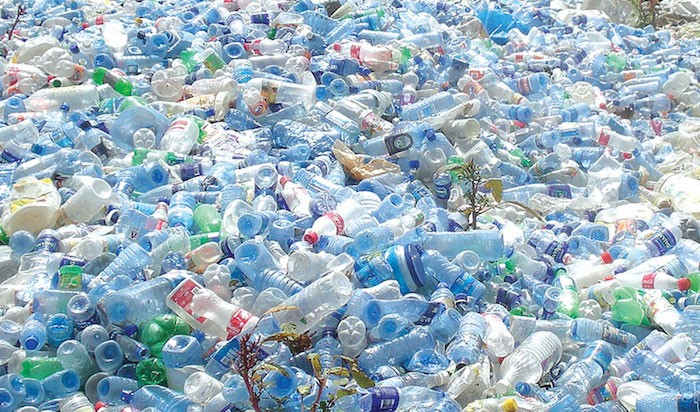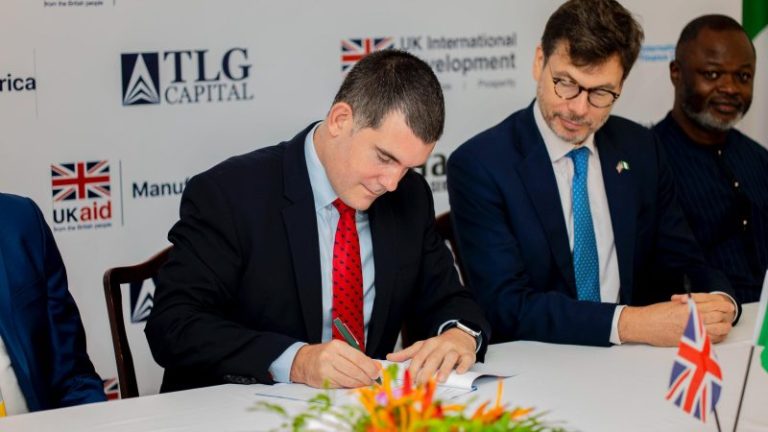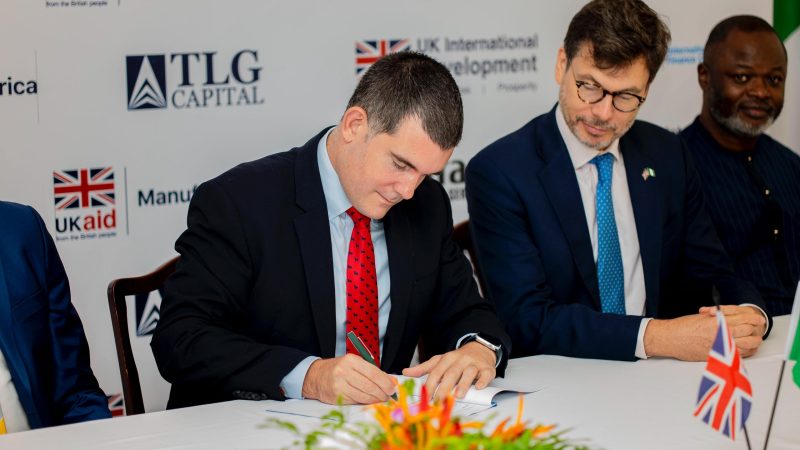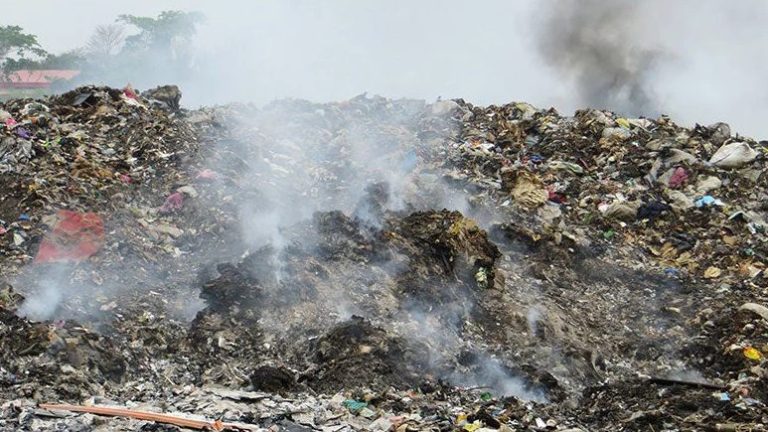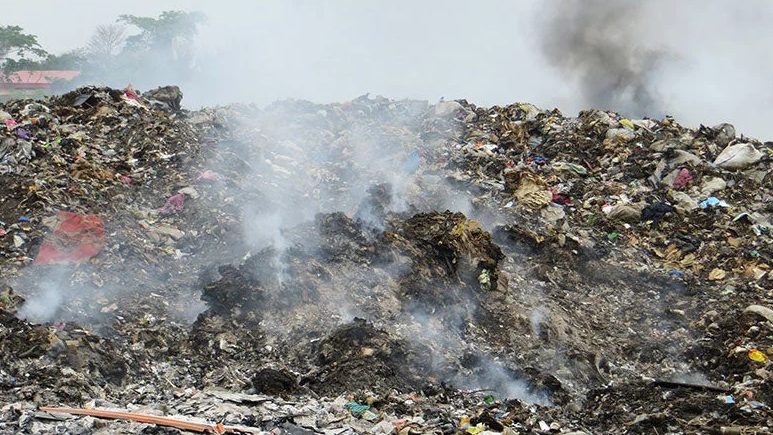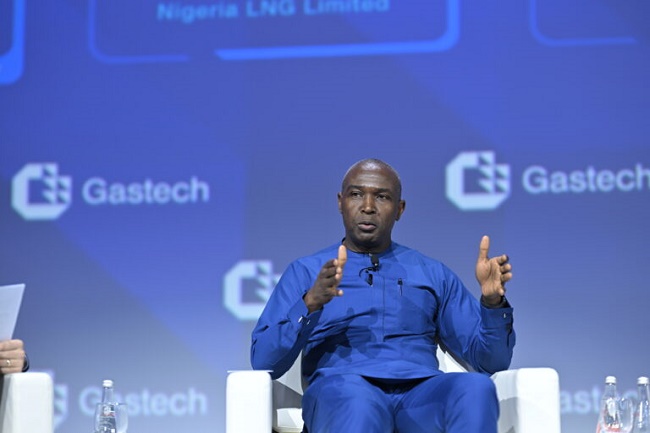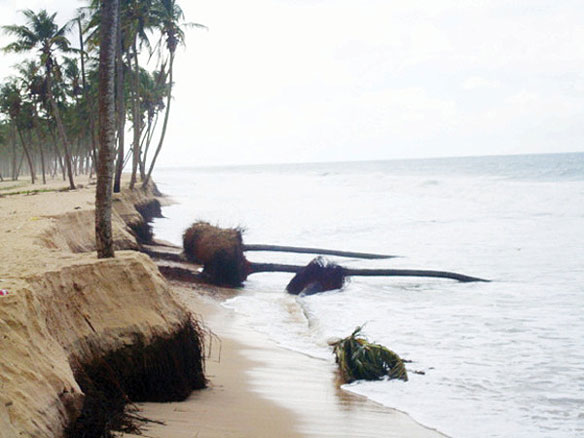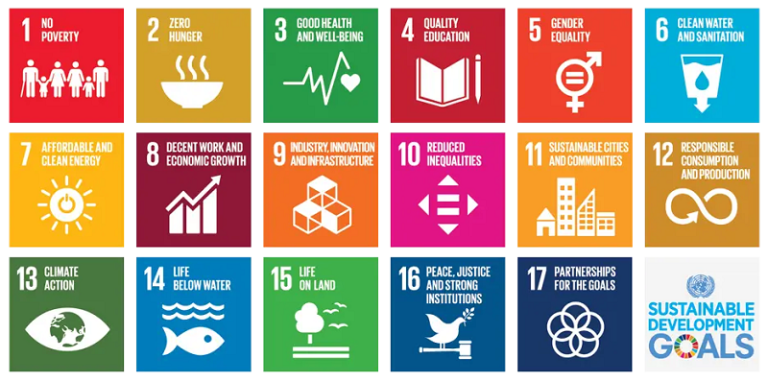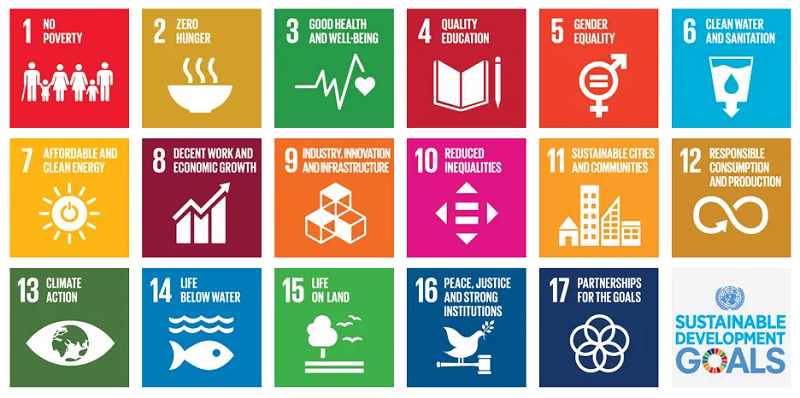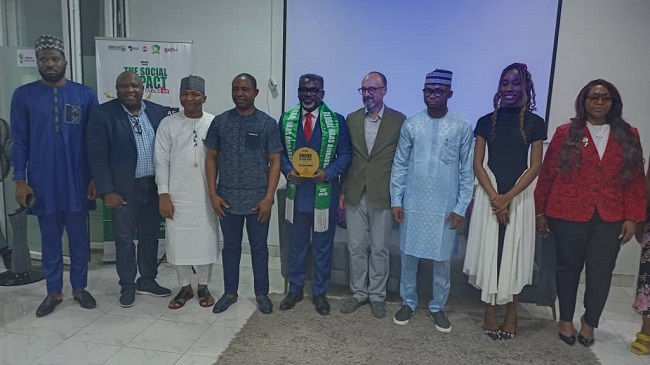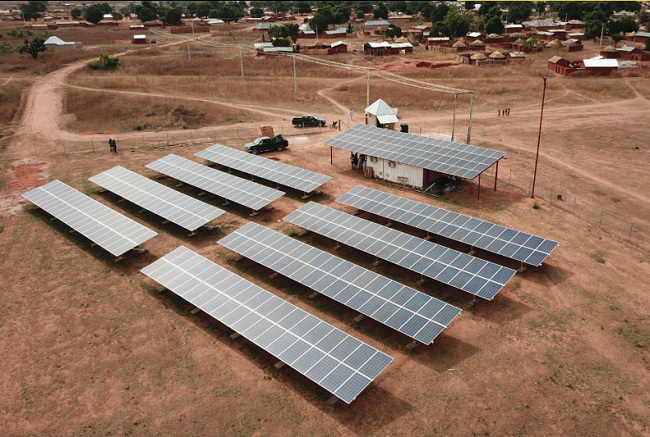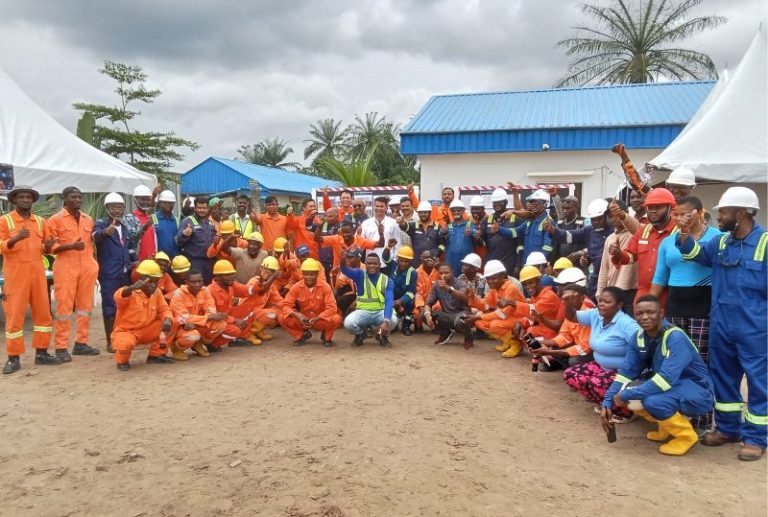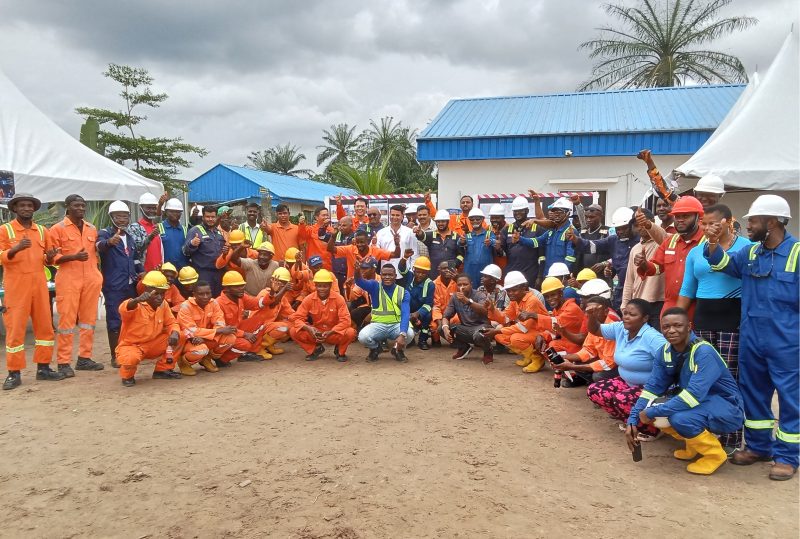| Every year, millions of tons of Polyethylene Terephthalate (PET) and polyester waste end up in landfills or are incinerated, yet sustainable recycling solutions remain limited. DePoly – a sustainable PET-to-raw-material recycling company – on Tuesday, April 29, 2025, announced the upcoming launch of a 500-tonne-per-year showcase plant in Monthey, Switzerland this summer, representing a critical step in the company’s journey from laboratory breakthrough to industrial-scale implementation. The facility will demonstrate DePoly’s proprietary process that converts PET and polyester waste into virgin-quality raw materials without fossil fuels. Discarded items – from polyester shirts to water bottles – are not wasted anymore but resources transformed back into the building blocks for new products. DePoly’s technology has already demonstrated its commercial impact through collaborations with some of the world’s leading companies – not only in fashion, like Odlo, but also in cosmetics and the broader consumer goods industry, including innovators such as PTI. Through these partnerships, DePoly is said to have validated the quality of its recycled monomers by transforming PET waste into new bottles, high-performance textile fibers, and cosmetic packaging. “The upcoming showcase plant validates our roadmap to creating a truly circular plastics market. Following our pilot and showcase plant, our next goal is to scale our operations to industrial size with a first of a kind commercial plant based on our technology,” said Samantha Anderson, Co-founder & CEO of DePoly. The company is planning to build a commercial plant in 2027 that will process significantly larger volumes of PET and polyester waste. To further accelerate this expansion, DePoly has secured a total of $23 million in seed funding with MassMutual Ventures joining a second closing of its round. The expanded investor base positions DePoly as one of the biggest recycling technology companies in Europe, with more than $30 million raised across two rounds and grants. MassMutual Ventures joins existing investors, including Founderful, ACE & Company, Angel Invest, Zürcher Kantonalbank, BASF Venture Capital, Beiersdorf Venture Capital, and Syensqo. “DePoly’s proven technology is a game changer addressing a crucial industrial and societal challenge. This raise and the showcase plant opening are advancing DePoly’s position as a leader in plastics recycling,” said Alix Brunet, Europe Lead at MassMutual Ventures. David Hanf, who joined DePoly in 2024 as CFO, adds: “We are convinced our technology is one of the fastest to scale and will allow us to compete with virgin pricing at scale, a key factor for success. We are happy to have expanded our investor base to the US with MassMutual Ventures as we want to build a global champion.” By transforming discarded plastics into high-quality raw materials, DePoly reduces reliance on fossil resources, minimises waste, and paves the way for a circular materials industry. |
